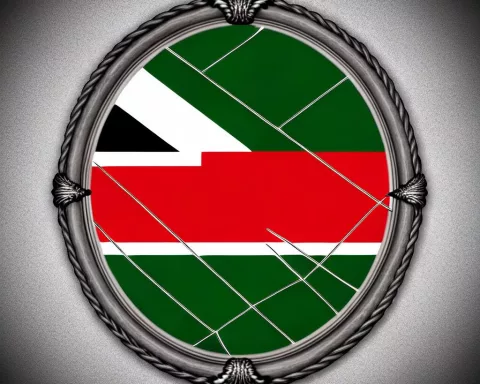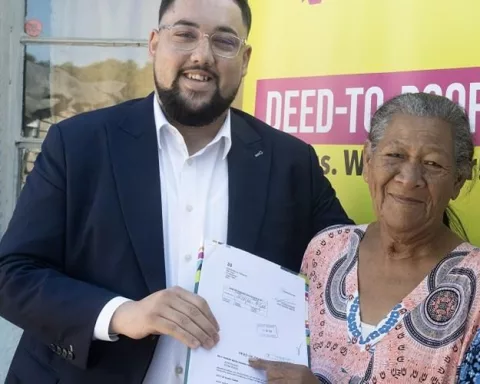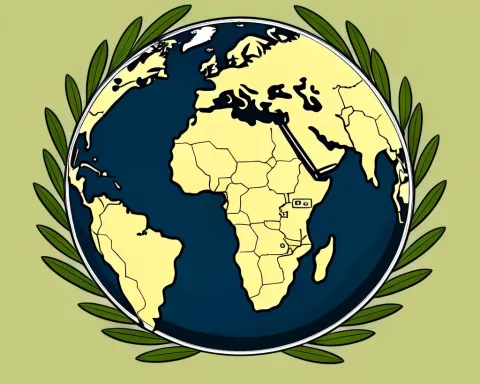Housing activists in South Africa are urging President Cyril Ramaphosa to utilize the State Land Disposal Act of 1961 to provide public land for human settlement. The activists marched to the President’s official residence in Cape Town, demanding land for the people.
Collaborative Effort from Various Activist Groups
The housing activists come from different organizations, including Ndifuna Ukwazi, Indibano Yabahlali, Intlungu YaseMatyotyombeni, Reclaim the City, Housing Assembly, Surplus People’s Project, Barney Malokoena section, Abahlali baseMjondolo (KZN), and Inner City Federation (JHB). They plan to submit applications to request 32 parcels of vacant and underutilized public land to be given to communities with insecure tenure in Gauteng, KwaZulu-Natal, and the Western Cape.
State Land Disposal Act for Meaningful Land Reform
The State Land Disposal Act 48 of 1961, an apartheid-era legislation, empowers the President and both national and provincial ministers of Public Works to donate, sell, lease, or exchange any public land in the country. The activists argue that the donation of public land to communities for secure and dignified living is legally possible.
Preparation for Applications and Collaboration with Communities
In preparation for their applications, researcher Nick Budlender at Ndifuna Ukwazi has worked with communities to identify suitable land. They investigated ownership, suitability, and government plans for the land. Following this, they consulted with the communities to gather their information and workshop ideas around potential land holding and development mechanisms. Collaboration and consultation with the communities are crucial to meet their needs.
Using State Land Disposal Act for Immediate Change
Unlike the expropriation bill, the State Land Disposal Act only applies to public land. Budlender points out that while the expropriation bill is highly contested and will take time to come into effect, the State Land Disposal Act could be used immediately for meaningful land and tenure reform.
Determination to Make an Impact
These land activist organizations are determined to make an impact in more communities across South Africa. They eagerly await the response from the Presidency, hoping their efforts will lead to meaningful change for countless individuals in need of secure, dignified, and productive living conditions.












